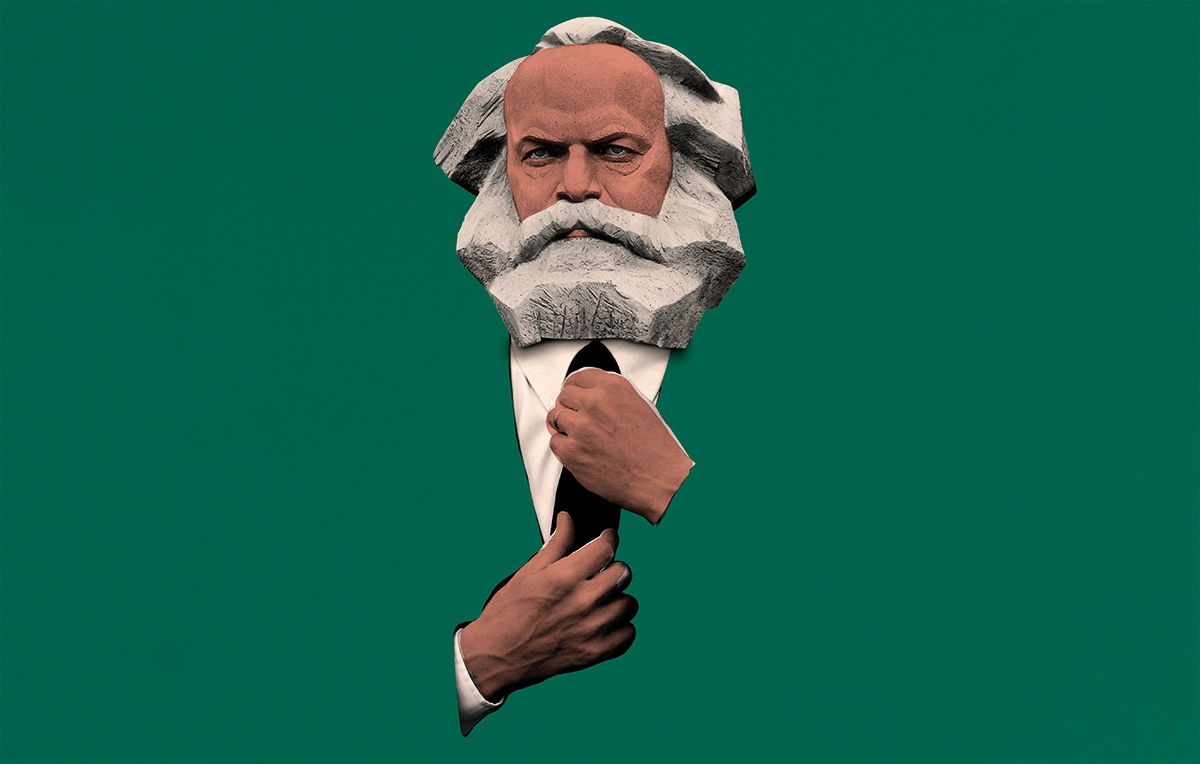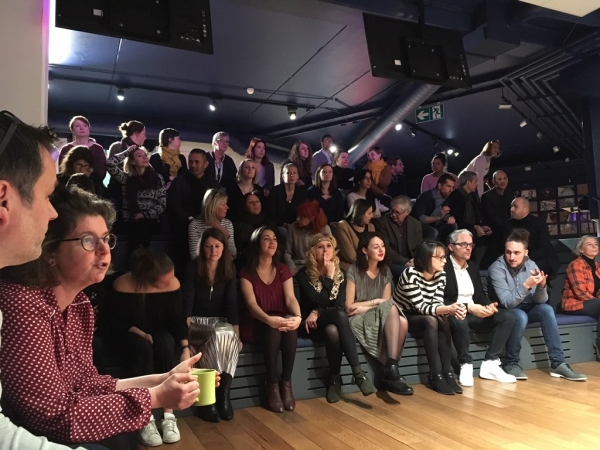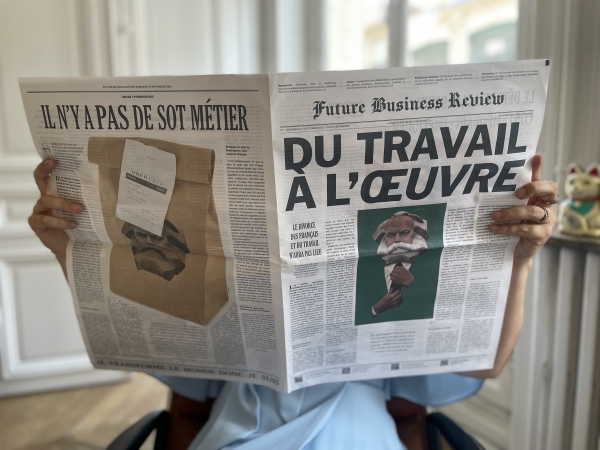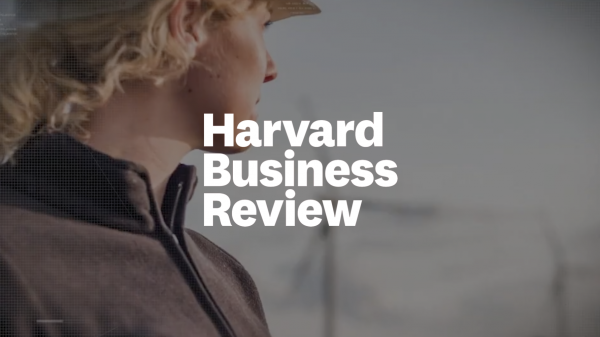Specialized media often talk about a “great divorce” between the French and work. Results from a study by the Jean Jaurès Foundation / IFOP (B. Bendavid et al.) suggest a sudden and sharp decline in the famous “work ethic” following the pandemic, a value championed by both Karl Marx and Nicolas Sarkozy.
At the same time, a new societal landscape is disrupting traditional management practices. Employee expectations, challenged leadership, talent wars, remote work, slacking, career transitions, attrition, absenteeism, the great reshuffle, and quiet quitting are all part of the mix. To maintain its production, cohesion, and performance, companies are seeking to re-engage their employees. “Why do the French no longer love their work?” is a question being asked.
Why people stay, or why people leave ?
However, when we examine the labor market over the past few decades—characterized by deindustrialization, financial crises, waves of layoffs, offshoring, spikes in unemployment, legal actions against companies on environmental or social grounds, burnout, and boreout—we might instead ask, “How is it that there are still engaged employees for whom work plays such a significant role in their lives? Why do people stay, and what keeps them?”
Moreover, a detailed sociological counter-survey challenges the notion of a declining work ethic and the hypothesis of widespread apathy (F. Lallemand). How many employees feel that their work has lost meaning due to the pandemic? Only 10%. For 61%, nothing has changed, while 29% even report a renewed interest (Evrest). There is no epidemic of apathy. Rather, we observe “an intensification of previous trends rather than a radical and fundamental break” (M. Bigi, D. Méda).
What are these previous trends? The French remain attached to work and wish to thrive through it. However, the quality of the work being offered leads them to seek “other ways to realize themselves, express themselves, and contribute to society” (M. Bigi, D. Méda). In this case, it is the company that diminishes the expected quality of work.
Therefore, we should not attempt to re-engage the French in work from which they have supposedly disengaged. Instead, we must understand what type of work they are trying to move away from and what type of work they choose to remain invested in.
Embrace your constraints
In French, the word for work comes from *tripalium*. It refers to the cross one bears, an instrument used to immobilize animals and torture slaves. *Labour*, *labeur*, and the Italian *lavorare* all convey the idea of a "heavy operation," as Cicero once said; it must be arduous. In Russian, *rabota* (work) means slavery and captivity (with *rab* referring to a prisoner of war). The Western imagination of work revolves around work-as-constraint: difficulty, necessary effort, worry, and anxiety (M. Hamon).
The 20th century worked to mitigate the "constraint" aspect of work-constraint through improvements in conditions, tools, and safety. This was the development of ergonomics.
❝By restructuring work without changing the underlying narrative, we unreasonably expect employees to embrace something that is constructed and experienced as a constraint. ❞
With the advent of the computer revolution, the focus shifted to combating boredom, loss of meaning, disengagement of the body, denial of recognition, and the repetitive nature of tasks. Foosball tables, pastries, and after-work gatherings aim to make work more "fun." Work-constraint is evolving into a cool work-constraint. And since work is now considered "fun," there is an expectation that employees will enjoy it. Some of the frustrations among leaders stem from this sense of ingratitude: everything is being done to make work enjoyable, so "how can my employees continue to disengage?"
Re-telling work
This is because while we seek to lighten the harshness of tasks (ergonomics) and multiply the perks (the pressure of “cool”), we do not change the underlying structure of the narrative or the imagery surrounding work. By rearranging work without altering its imagery, we unreasonably expect employees to enjoy something that is constructed and experienced as a constraint.
The issue does not lie in the value that the French attach to work. There is no movement away from work itself. The problem lies in the capacity of work to allow the French, as inhabitants of the 21st century rather than the 20th, to “get their due” from it and to integrate it into the narrative of their lives.
The notion that work is a constraint has washed away with the bathwater of the 20th century, and the definition of work for the French has evolved more quickly than organizations' ability to adapt. If employees are disengaging, it is not from work itself, but from the imagery of work as a constraint, and from the companies that continue to embody that imagery.
Heart at work
If people are attached to work and it’s a matter of changing the underlying narrative, then we can take action. There is heart in the work! Let’s ask ourselves what kind of work employees want to stay engaged in, what we find fulfilling, and what binds us to work: leadership, a sense of purpose, co-determination of tasks, a sense of shared destiny, belonging, pride in our actions, the passing on of skills, recognition from others...
The prevailing narrative of work suggested, “You must produce something that is unknown to you, that does not belong to you, and whose fruits will go elsewhere.” The type of work that companies should now strive to provide rests on a narrative of creation. Creation is a noble pursuit, the product of our hands, a process of vital fertility (H. Arendt). By saying “we must cultivate our garden,” the concept of creation emphasizes: the world and your contributions to it belong to you.




